Things You Should Know Before Starting an Import Business in Dietary Supplements
In this blog post, we’ll discuss 10 important things to keep in mind as you start your business.
Global Dietary Supplements Market to Reach USD 278 B by 2024
It’s no surprise that the global dietary supplements market is booming. With the rising number of health-conscious consumers and a broader range of products to choose from, the market is projected to reach USD 278.02 billion by 2024, at an impressive compound annual growth rate of 6.6%.
This growth is largely fuelled by people looking for ways to improve their overall health, where dietary supplements can offer a concise and convenient solution. To maximize the benefit of these products, it’s important to understand why you’re doing it and how to use them correctly – like any other form of wellness practice. Though dietary supplements are no substitute for a healthy diet and regular exercise, used responsibly they can become an integral part of your overall health plan.

The US is the Largest Market for Dietary Supplements, Followed by Europe and Asia-Pac
The dietary supplement industry has experienced incredible growth in recent years, due largely to the lucrative markets of the United States, Europe, and Asia-Pacific. While individual countries within these regions may differ in terms of size and consumer preference, they all typically show a significant interest in dietary supplements.
Understanding Regional Differences for Success in the Dietary Supplement Market
Consumer demand for dietary supplements is increasingly fuelled by people’s desires to maintain health and promote well-being – something which is proving to be difficult to resist globally. Despite this great potential though, companies must consider regional differences and understand the nuances specific markets possess to ensure success.
Therefore, it is clear that with an appropriate understanding and targeting of key markets, businesses have an incredible opportunity for growth within these three major regions.
China Leads in Herbal Supplement Production with Over 50% World Share
Herbal and traditional supplements, such as those found in traditional Chinese medicine (TCM), have become increasingly popular around the world. China leads the charge in supplying herbs to the global market, accounting for more than half of total production.
Advantages of Chinese Herbal Supplement Production in the Dietary Supplements Market:
This is largely a result of centuries of experience and expertise that help China grow, harvest, and produce better quality supplements than other countries. Additionally, since China grew its herbs for so long, there is also an abundant natural resource for Chinese herbal supplement producers. As a result, high-quality Chinese herbs are abundant and cost-effective to manufacture at scale.
The global surge in popularity of these supplements demonstrates not only the value that other countries place on TCM but also the superior quality of Chinese herbs supplied in these products.
Rising Demand for Natural & Organic Dietary Supplements as Consumers Prioritize Health
We are living in an age where consumers are increasingly turning to natural and organic products as they become more aware of the effects that certain products can have on their overall health. This has caused a huge surge in demand for these items, leading to more major food chains offering natural alternatives, as well as an increase in smaller stores and independent sellers who specialize in these types of items.
The beauty and wellness industries are also embracing this shift by offering more organic choices for skincare, cosmetics, and other self-care items. We can expect this trend to continue to grow over the next few years as more people prioritize a healthier lifestyle.
The supplement industry is highly competitive, with many large companies vying for market share.
The supplement industry is a complex and highly competitive one. With emerging technology driving engagement and niche specifics, companies are doing more than ever to target potential customers. For example, health brands are using wellness influencers, while sports nutrition companies are tapping into sports culture.
Advertising campaigns use clever slogans and product visuals to get their messages across. The fight for market share often escalates, with big brands offering deals and discounts on their products — all in an attempt to catch the attention of consumers. What’s clear is that in today’s competitive environment, companies must stay sharp if they hope to survive in the long term.
Navigate the Regulatory Landscape for Dietary Supplements:
Entering a new market can be daunting and confusing, especially with the potential of regulatory compliance. Without clarity around the regulatory landscape, businesses can find it difficult to navigate in an unfamiliar environment. To ensure success and maintain profitability outside of its original market, thorough research is required on the regulations that might restrict or prevent certain practices.
This can involve understanding relevant laws, standards, operational guidance, and geographical restrictions that could affect operations. If a company doesn’t conduct the necessary research and demand proof from suppliers, there could be legal fines or reputational damage – either of which could have serious consequences on the organization’s financial stability.
Ultimately, having a clear understanding of the regulations within a target market is essential for companies seeking growth in new markets for their business.
Companies looking to enter this market need to be aware of the competition as well as the regulatory landscape.
Consumers are becoming more health conscious and are demanding more natural and organic products. Companies need to have a clear understanding of these trends to be successful in this industry.








